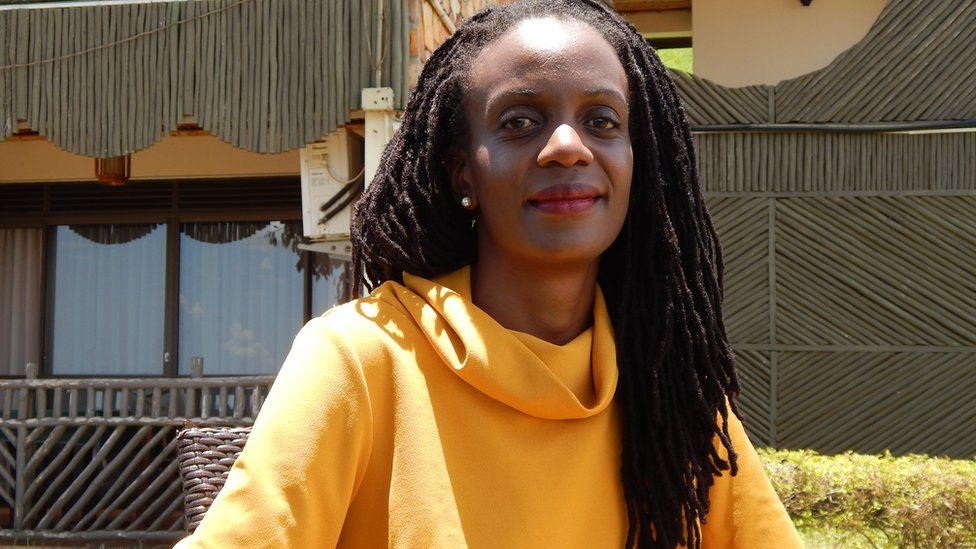Recently featured in BBC News for her applications of satellite data to boost agricultural productivity and indepedence throughout Eastern Africa, Dr. Catherine Nakalembe [GEOG Assistant Research Professor] is a proud Ugandan native using her expertise in remote sensing and capacity building to bolster food security around the world. Dr. Nakalembe received the 2020 Africa Food Prize, recognized for her dedication to improving the lives of smallholder farmers by using satellite technology to harness data to guide agricultural decision-making. Her efforts have also promoted the formulation of policies and programs that are directly impacting farmers against the impacts of food failure. After her career path unexpectedly changed course very early on in her academic journey, Dr. Nakalembe stumbled upon environmental sciences and never looked back.
Fast forward to the present day and she is not only a world-renowned Africa Food Prize Laureate but she is also a 2020 UMD Research Excellence Honoree and a 2019 recipient of the Inaugural GEO Individual Excellence Award. She has also been featured in the 2020 Women and GIS, Volume 2: Stars of Spatial Science ESRI Press book and her work led to the development and establishment of food security and crop monitoring bulletins that integrate satellite data including the Tanzania National Food Security Bulletin, the Uganda National Integrated Early Warning Bulletin, Kenya, Rwanda Crop Monitor reports, and the Eastern Africa Crop Monitor as well as designing the trigger mechanism of the disaster risk financing program in Uganda that has supported over 300,000 households in the Karamoja region as part of her Ph.D. research. Dr. Nakalembe is also the Africa Lead for NASA's Food Security and Agriculture Program, NASA Harvest.
While her work has received international and global attention, she has never lost focus on her goal to give back to her community and use her experiences and expertise to bolster food security throughout the Eastern Africa region and beyond.
"I have always had the same personal statement: to gain knowledge and apply it back home," says Dr. Nakalembe.
This is exactly what she has done and continues to do through her capacity development efforts, personalized agricultural monitoring trainings, and applying satellite data in order to develop food security programs at local and national scales. Not only does she strive to help implement a self-sufficient and food secure Africa, but she aims to bring other young black women along with her. "In the diaspora, I go to meetings and I am the only one who looks like this. It feels lonely when it is a new country or space. In East Africa, I meet a lot of people with whom we can share experiences and our struggles. I would like to see more black women in this group," she explains.
It is thanks to trailblazers like Dr. Nakalembe that remote sensing applications for food security are becoming more widespread and inclusive, and satellite data is playing a bigger role especially in areas where traditional data collection is not always feasible. Her work supports communities that are the most vulnerable to insufficient food availability and she is fostering a world where everyone has access to a nutritious and secure food supply.


